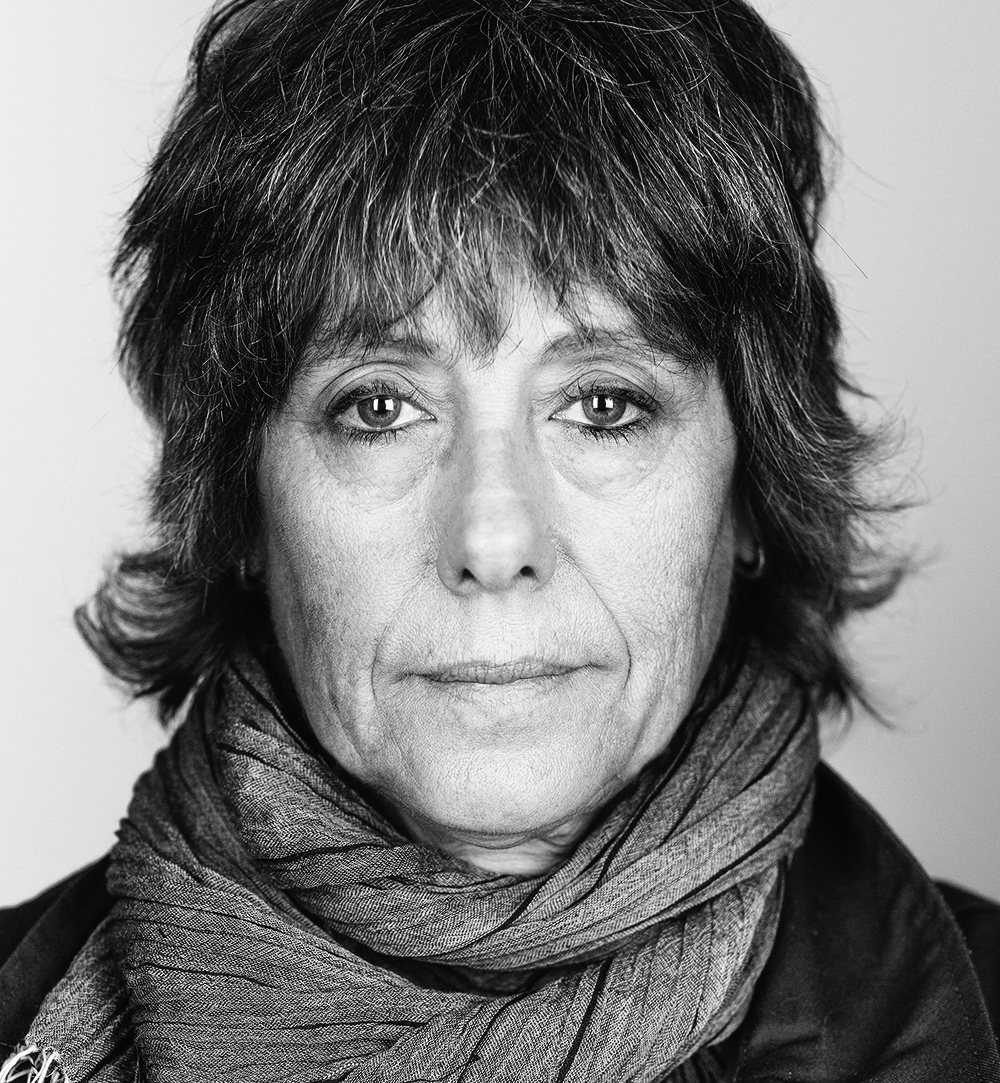In the almost 20 years she spent as Nelson Mandela’s private secretary and aide, Zelda la Grange got as close to one of the most admired 20th-century leaders as his shampoo and nail-clipping routines.
When Mandela died in 2013, La Grange was left with a profound sense of discombobulation and grief lashed with sorrow and longing.
“After his death I felt his absence acutely. It was easy, while he was alive, to live like him and act like him because he inspired me by setting a clear and sound example every single day. It flowed naturally from being close to him, to emulate the values and principles that he stood for.”
Which is why, she writes in her recently published reflection, What Nelson Mandela Taught Me: Timeless Lessons on Leadership and Life (Tafelberg), an ill-considered social media post in 2015 prompted a time of lonely self-reflection, doubt, learning and unlearning.
In December that year, triggered by a speech by former president Jacob Zuma, citing Jan van Riebeeck as the origin of all evil, La Grange typed out a hot-tempered social media post. The wrath of a thousand keyboard warriors soon rained down upon her. In the book she details the fallout as talk radio hosts and others went for the jugular.
Once she understood that her post had been thoughtless and hurtful, she offered an unconditional apology. But the cyber-offensive did not stop. Now there were those who attacked her for apologising.
La Grange felt so shamed and embarrassed that she contemplated ending her life.
A life-altering meeting
By the time La Grange was born in Boksburg in 1970 and while she was later raised in Pretoria, the white Nationalist government, led by John Vorster, had ramped up the arrests of anti-apartheid activists across South Africa.
The year before she was born, Steven Biko had pioneered the Black Consciousness movement and Nelson Mandela, the man she would serve loyally beyond his presidency and into old age, was 52 and serving a life sentence on Robben Island.
Where La Grange was raised in the then Transvaal, the history of the struggle for Afrikaner independence from British imperialism was – and remains – written in the koppies, monuments, squares and street names of Pretoria, with Paul Kruger looming over Church Square.
In that world Nelson Mandela and the ANC were frightening, godless “communists” and “terrorists” intent on destroying Western civilisation as it was known. Suspicions about white English speakers ran deep too. The words and thoughts of those who sought freedom and justice had been long silenced. What was spoken was censored or manipulated by a state-controlled media.
All images of Mandela had been banned in an attempt to erase him from the landscape. In this Pretoria, black people were generally an amorphous, ever-present threat. Little could the Afrikaans girl who grew up in a highly conservative and religious community know that her life, sense of self and very identity would be inexorably altered by her unexpected encounter with Mandela.
Not only the man himself, mind you, but most of the world’s greatest and shadiest, who flocked to bathe in his light while La Grange stood beside the statesman.
Ancestral toolbox
We receive our sense of self, our identity, by being socialised into it. What we think, how we should act, our “mother” tongues, what we believe and the cultivated notion of race are all shaped by the dominant currents that flow through our intimate lives, our minds and public life.
Mandela fundamentally shook the foundations of La Grange’s small, hermetic, racist white world, a bubble traumatised and terrified by Vorster and the National Party’s bogey of “die swart gevaar” (the black danger). When she first arrived in the office of the South African president as a young typist, all she knew was that the people around her had always viewed him as “a terrorist”.
La Grange’s new book taps – with characteristic frankness and authenticity – into the painful journey inwards when she rediscovered the ancestral toolbox that one of the world’s most recognised moral beacons had gifted her.
In quiet contemplation she returned to that time in her life, so consumed by Mandela, to recall the countless lessons learnt at his side. These are for those interested readers to delve into themselves.
For white South Africans who grew up socialised in the same space that she was, La Grange’s intimate and sincere glimpse into her process offers the chance to unpack who they are and rearrange the mental furniture. These are scars we dare not pass on.
Of course she drops names – Winnie Mandela, Jeff Bezos, Bill Clinton, Jacob Zuma, Hansie Cronje. How can she not? Many Afrikaans-speaking white South Africans have, for some time, been grappling with history. La Grange’s book offers a key to deconstruct how much of you is you and how much is fiction. DM
This story first appeared in our weekly Daily Maverick 168 newspaper, which is available countrywide for R35.





